Country Report Summary
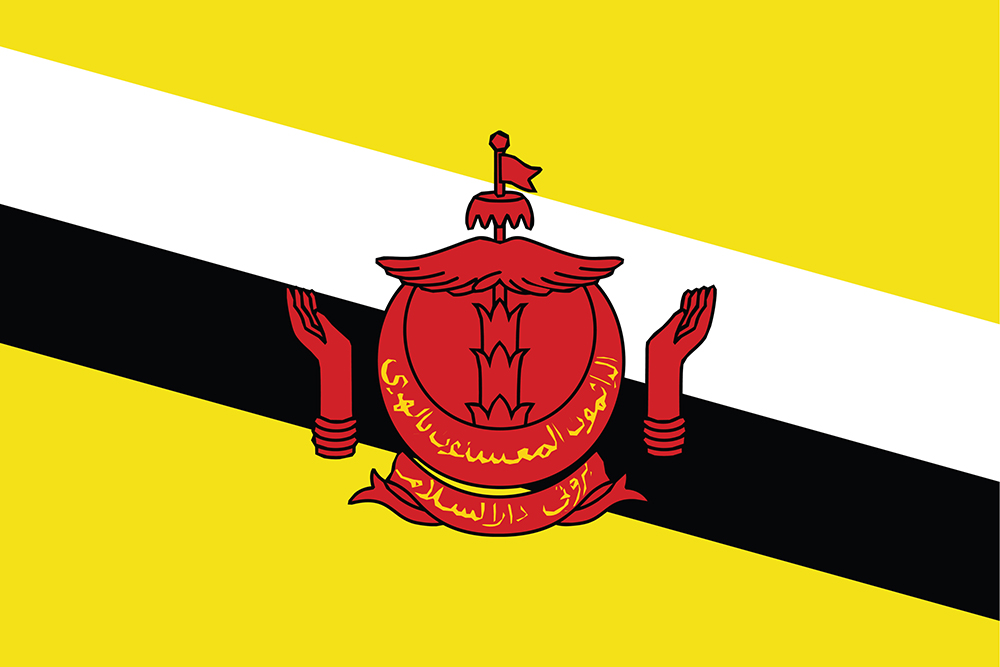
BRUNEI DARULSSALAM
Anti Money Laundering
FATF status
Brunei is no longer on the FATF List of Countries that have been identified as having strategic AML deficiencies.
Latest FATF Statement - 21 June 2013
The FATF welcomes Brunei Darussalam’s significant progress in improving its AML/CFT regime and notes that Brunei Darussalam has established the legal and regulatory framework to meet its commitments in its Action Plan regarding the strategic deficiencies that the FATF had identified in June 2011. Brunei Darussalam is therefore no longer subject to FATF’s monitoring process under its on-going global AML/CFT compliance process. Brunei Darussalam will work with the APG as it continues to address the full range of AML/CFT issues identified in its Mutual Evaluation Report.
Compliance with FATF Recommendations
The last Mutual Evaluation Report relating to the implementation of anti-money laundering and counter-terrorist financing standards in Brunei Darussalam was undertaken in 2023. According to that Evaluation, Brunei Darussalam was deemed Compliant for 5 and Largely Compliant for 23 of the FATF 40 Recommendations. It was deemed Highly Effective for 0 and Substantially Effective for 5 with regard to the 11 areas of Effectiveness of its AML/CFT Regime.
Sanctions
There are no international sanctions currently in force against this country.
Bribery & Corruption
Rating: 0 (bad) - 100 (good)
Transparency International Corruption Index = NA
World Bank: Control of Corruption Percentile Rank = 89
Brunei has enforced the Prevention of Corruption Act since 1984, with the Anti-Corruption Bureau (ACB) established to investigate corruption allegations. While the country ranks relatively low in corruption perception, with U.S. companies not viewing it as a significant barrier to business, a notable case in 2020 involved the conviction of two former judges for embezzlement. The sultan has publicly condemned corruption, and Brunei is a member of the International Association of Anti-Corruption Authorities, having also ratified the UN Anticorruption Convention.
Economy
Brunei’s economy is heavily reliant on oil and gas, which account for approximately 50% of its GDP, supplemented by substantial revenue from overseas investments. The country enjoys a high standard of living with no personal taxes, free education, and healthcare, supported by its energy wealth. Despite efforts to diversify its economy, Brunei continues to face challenges such as rising inflation and increased shipping costs due to geopolitical unrest.
Brunei Darussalam offers a favorable investment climate characterized by an open economy and various incentives aimed at attracting foreign direct investment (FDI). The government has streamlined business establishment processes and provides tax exemptions in specific sectors, while foreign ownership of companies is unrestricted, although at least one director must be a resident. Additionally, Brunei’s strategic location, stable political environment, and lack of income, sales, or export taxes further enhance its appeal to potential investors.
Country Report Summary

Malaysia
Malaysia is not on the FATF List of Countries that have been identified as having strategic AML deficiencies.
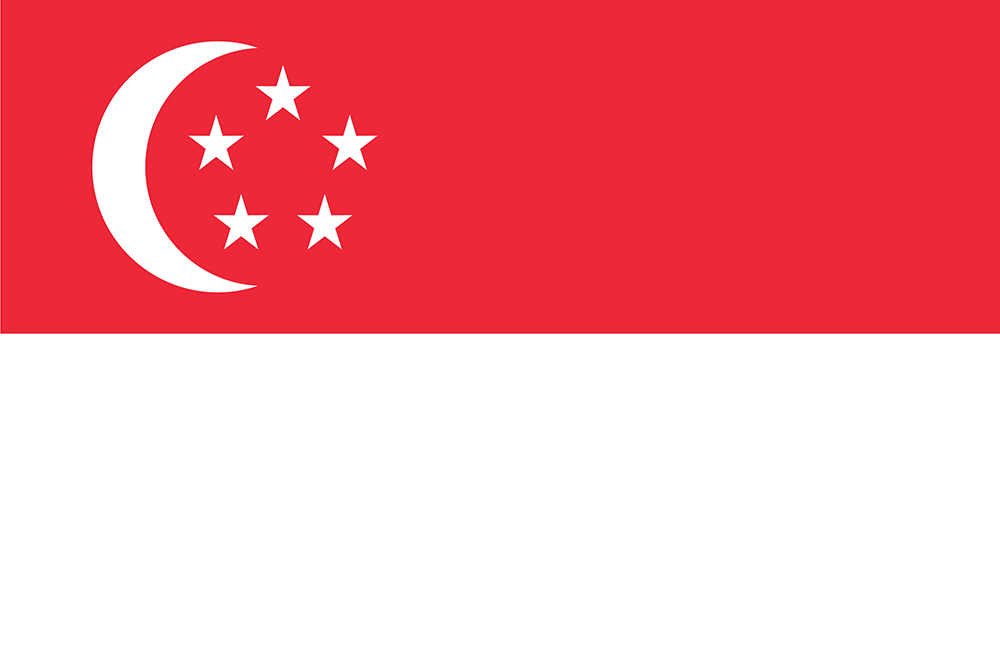
Singapore
Singapore is not on the FATF List of Countries that have been identified as having strategic AML deficiencies.

Brunei
Brunei is no longer on the FATF List of Countries that have been identified as having strategic AML deficiencies.
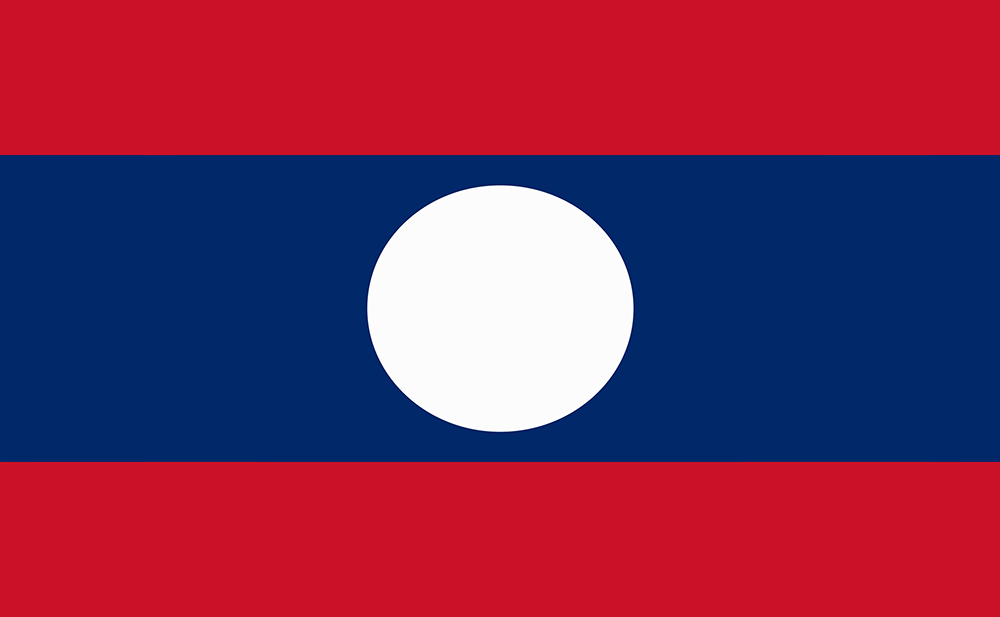
Laos
Laos is on the FATF List of Countries that have been identified as having strategic AML deficiencies.
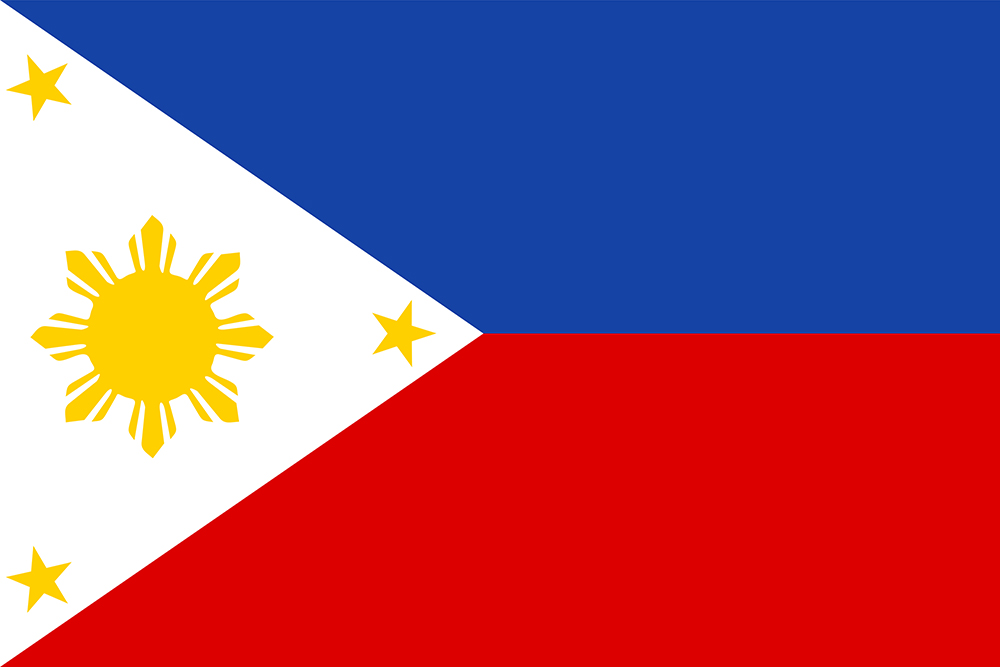
Philippines
Brunei is no longer on the FATF List of Countries that have been identified as having strategic AML deficiencies.

Cambodia
Cambodia is no longer on the FATF List of Countries that have been identified as having strategic AML deficiencies.

Vietnam
Vietnam is on the FATF List of Countries that have been identified as having strategic AML deficiencies.

Myanmar
Myanmar is subject to a FATF call on its members and other jurisdictions to apply enhanced due diligence measures proportionate to the risks arising from the jurisdiction.
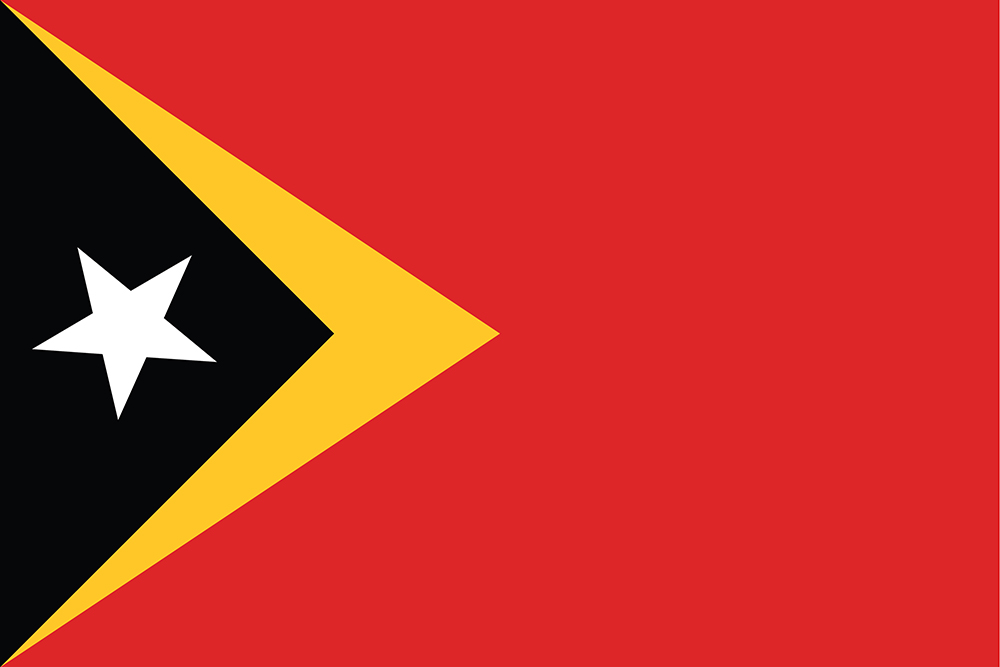
Timor-Leste
Timor-Leste is not on the FATF List of Countries that have been identified as having strategic AML deficiencies.
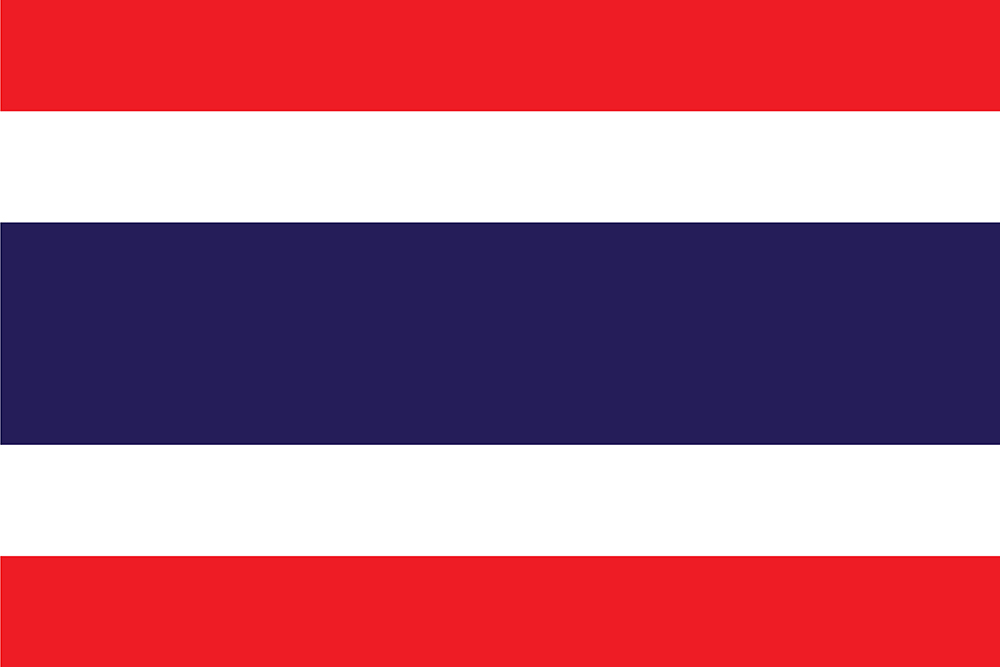
Thailand
Thailand is no longer on the FATF List of Countries that have been identified as having strategic AML deficiencies.
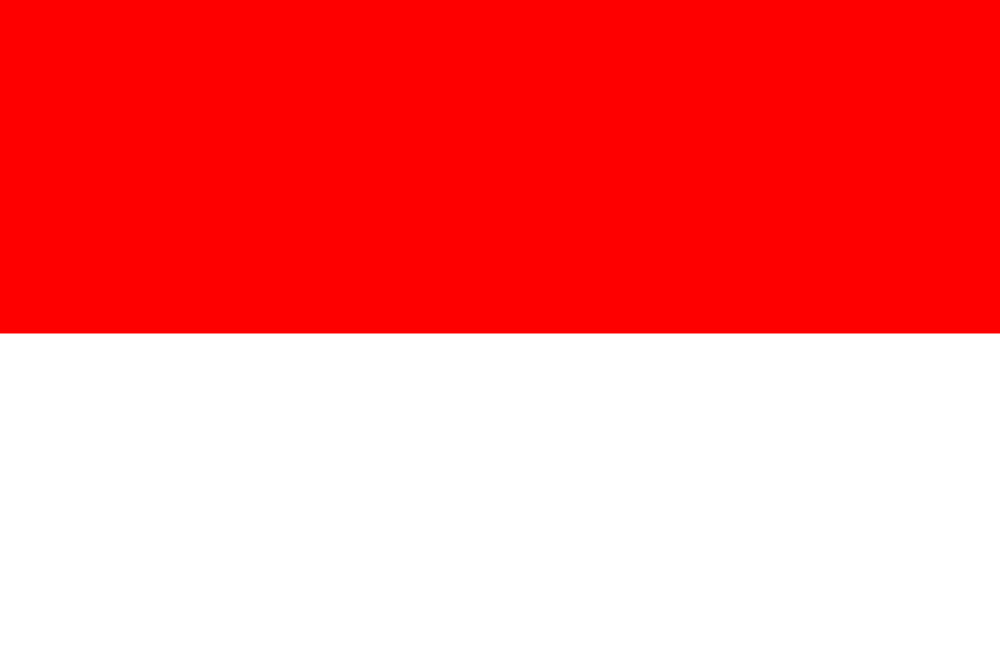
Indonesia
Indonesia was removed from the FATF List of Countries that have been identified as having strategic AML deficiencies on 26 June 2015.

Morocco
Morocco is no longer on the FATF List of Countries that have been identified as having strategic AML deficiencies.
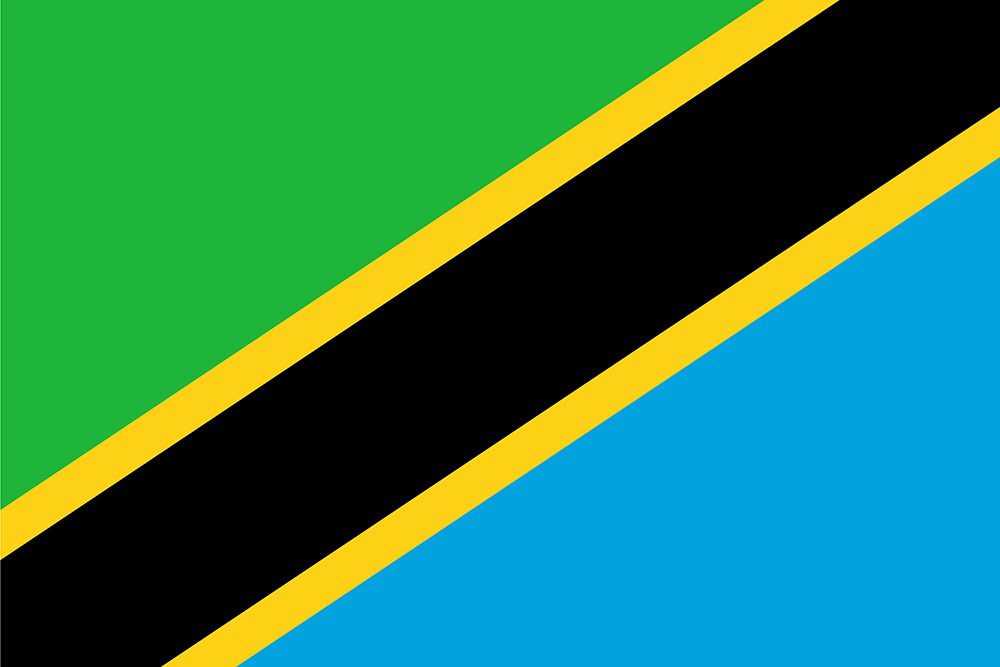
Tanzania
Tanzania is on the FATF List of Countries that have been identified as having strategic AML deficiencies.
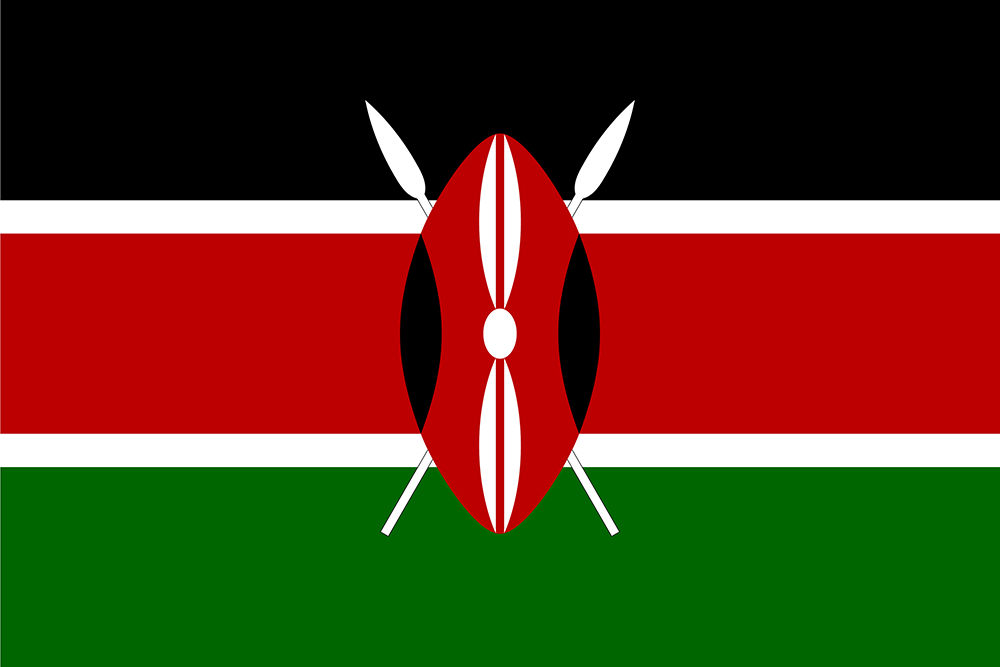
Kenya
Kenya is on the FATF List of Countries that have been identified as having strategic AML deficiencies.
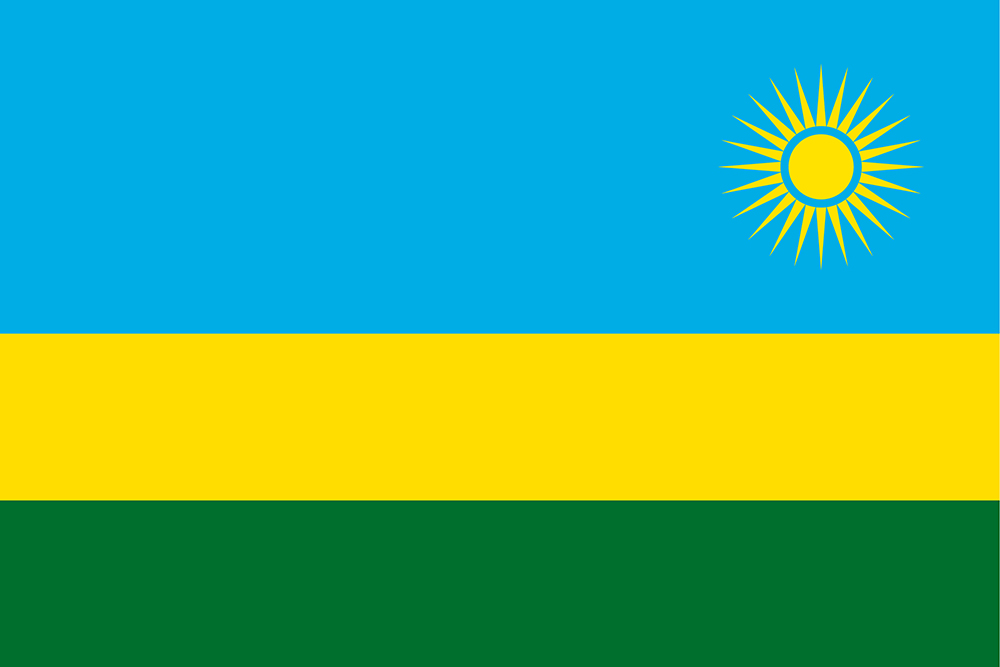
Rwanda
Rwanda is not on the FATF List of Countries that have been identified as having strategic AML deficiencies.
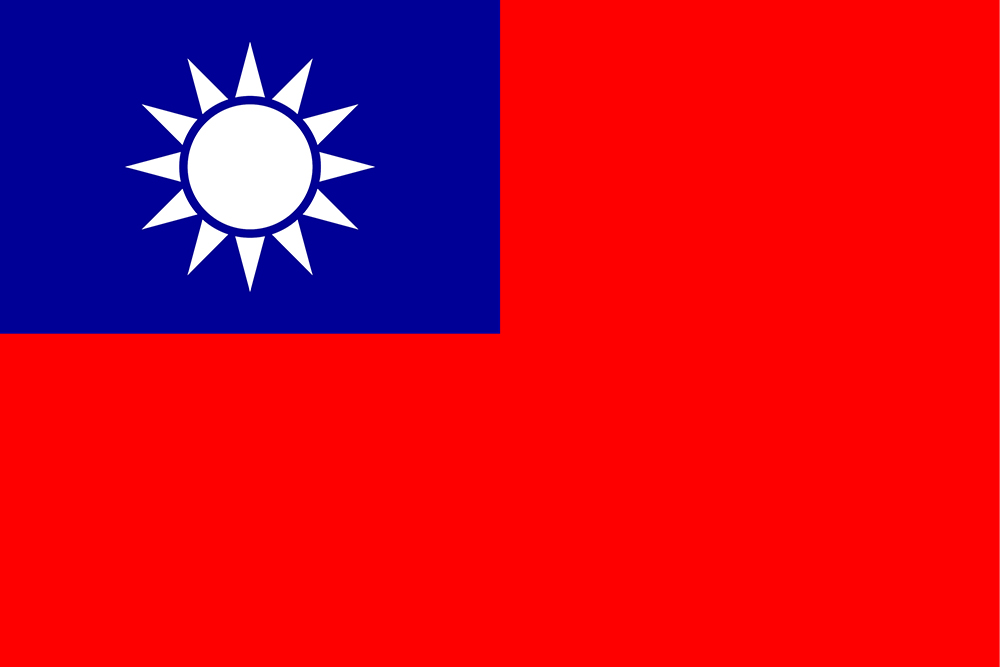
Taiwan
Taiwan is not on the FATF List of Countries that have been identified as having strategic AML deficiencies.

Hong Kong
Hong Kong is not on the FATF List of Countries that have been identified as having strategic AML deficiencies.
